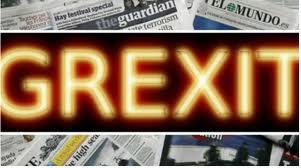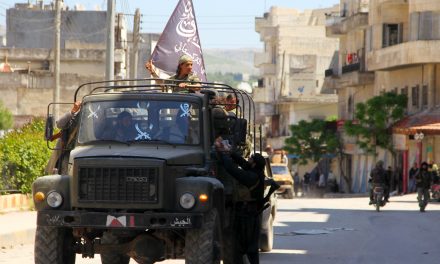Turkey’s strategic and political significance has been growing in the face of the soaring polarization in the Middle East
By Nagehan Alci, Daily Sabah
We have been going through a process in which the world has been getting highly polarized regarding the Middle East. Saudi Arabia has taken a harsh stance against the consolidation of Iran, proxy wars are taking place between Russia and the U.S. in Syria, Yemen has attempted a missile strike on Riyadh, the ruling powers in Saudi Arabia seem to be preparing for a change and Riyadh detains now resigned Lebanese Prime Minister Saad Hariri in order to prevent rising Iranian influence over Lebanon. Amid this picture, Turkey is cautiously observing the developments for the time being and has refrained adopting significant policies.
Meanwhile, it is evident that Ankara aims to pursue an inclusive and multi-directional strategy in view of Prime Minister Binali Yıldırım’s meeting with U.S. Vice President Mike Pence in Washington last week, and President Recep Tayyip Erdoğan’s meeting with Russian President Vladimir Putin this week. Also, it must be noted that the strained relations with Germany made some recovery as German Foreign Minister Sigmar Gabriel and counterpart Mevlüt Çavuşoğlu met and signaled good results for bilateral relations. These developments certainly give a clear message to those who suggest that Turkey should improve ties with Russia, China and Iran and leave NATO, as the Western alliance has collapsed, which is not true. Turkey can simultaneously maintain healthy relations with both the East and the West and does not necessarily have to restrain itself from allying with only one side.
In my opinion, relations with the EU will get back on the rails in the near future as Turkey’s strategic and political significance has been growing in the face of the soaring polarizations in the Middle East. Likewise, Ankara recognizes that approaching either pole in such a process would not be a good policy in terms of the country’s interests.
Lebanon lately stands out as the epitome of this polarization. For years, the country has been serving as a space where Iran and Saudi Arabia have staged their power struggle against each other. Currently, Riyadh’s discomfort with Iran and Hezbollah’s rising influence is evident. Also, it can be contended that Hariri, who recently resigned from office, is practically detained by Saudi Arabia. Lebanon is about to become the stage of a new conflict in light of recent developments. A possible conflict between Saudi Arabia and Iran would lead to the retrogression of the Muslim world, which is already in a disadvantaged position.
Emboldened by the U.S., Riyadh cannot see the games being played over the region whereas Iran is hastily pursuing an expansionist and aggressive policy. Therefore, Ankara playing an unperturbed and integrative role might offer a key to the prevention of catastrophe.
The outcomes of the recent developments will be clarified in the following days. In this phase, the results of Erdoğan’s contacts in Russia, Qatar and Kuwait and the effects of Yıldırım’s latest visit to the U.S. must be meticulously evaluated



















